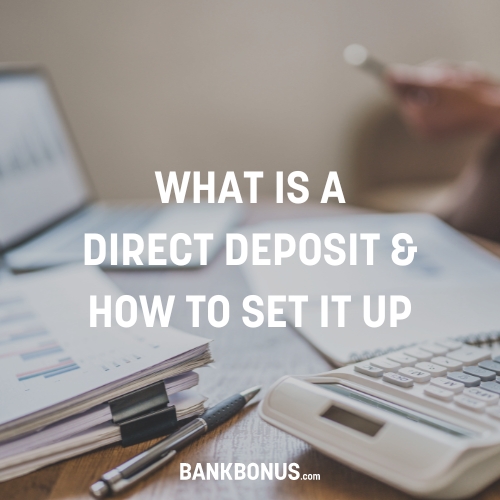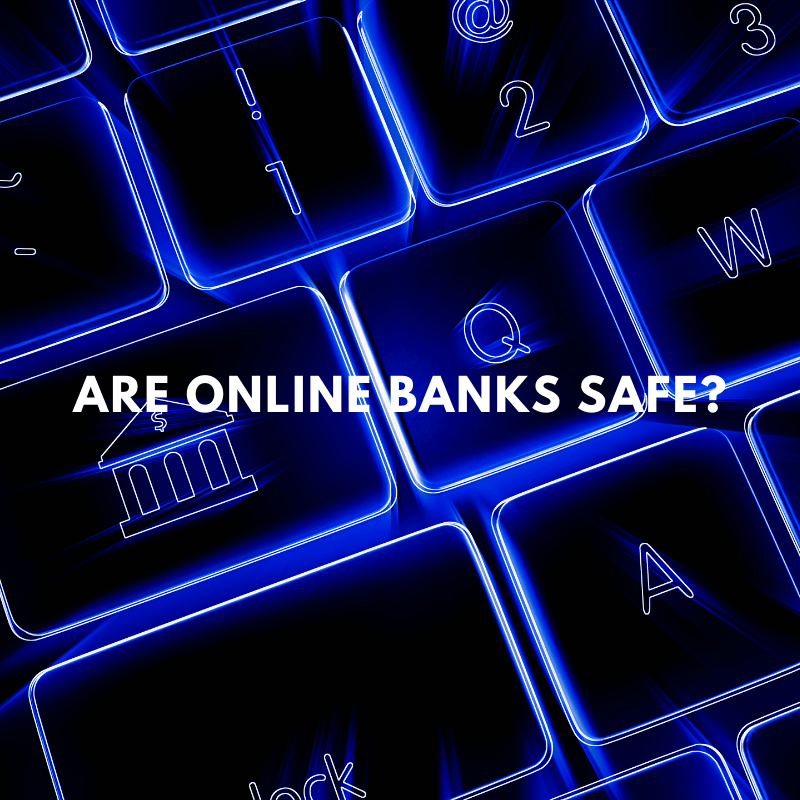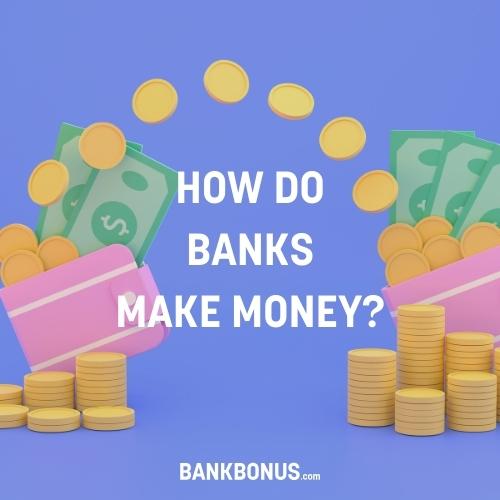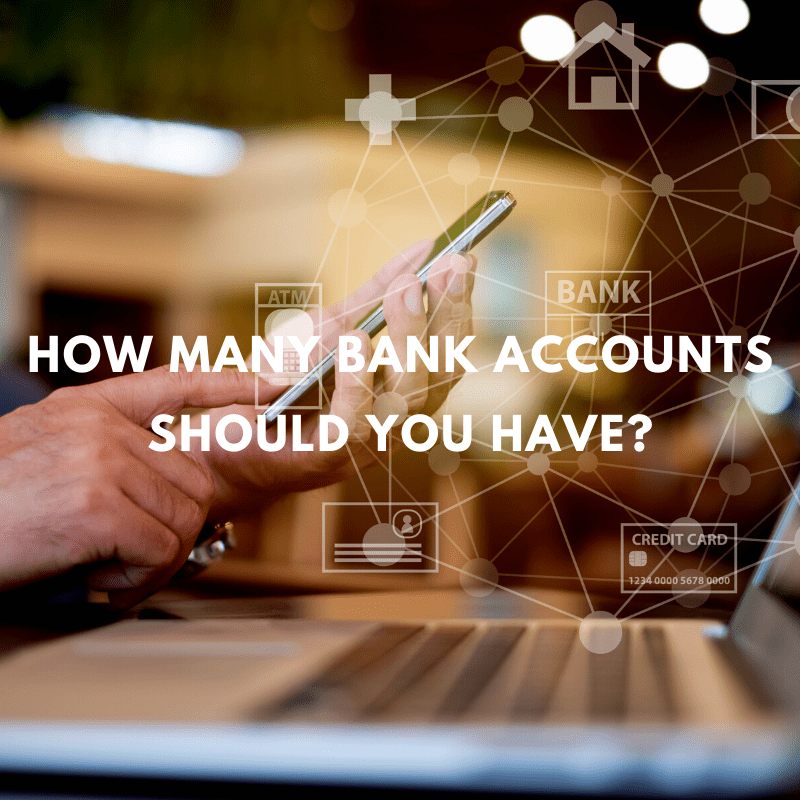Imagine this: you’re at the grocery store, with everything already in your shopping cart and a long line behind you.
Suddenly, you realize you’re unable to pay using your debit card – but why? You excuse yourself to withdraw from a nearby ATM, but that doesn’t work either. It sounds like the stuff nightmares are made of, right?
Well, in this unfortunate scenario, it may well be that your bank account has been frozen.
What Is A Frozen Bank Account?
A frozen bank account won’t let you transfer any funds, withdraw money, or use cards associated with it while still allowing for direct deposits and other financial operations.
Financial institutions usually send you an email or some other kind of notice before freezing the account.
Still, it can happen quickly, so sometimes you won’t have time to realize until it’s too late – especially if you have done nothing wrong and you can’t think of a reason why the bank could want to freeze your account in the first place.
It’s definitely unpleasant to discover the bank has frozen your bank account, but it is even worse when you don’t even know the reason why they’ve done it.
5 Reasons Why Banks Can Freeze Your Account
Here are the top 5 reasons why a bank could have decided to freeze your account and get some clarity on how to fix the situation.
- Illegal Activities
- Unpaid Debts to the Government
- Unpaid Debts to Creditors
- Bad Checks
- Joint Account
1. Illegal Activities
Conducting illegal activities is the most apparent reason on the list. So if the bank has reasons to think you are involved in illegal activities, it’s only right that they’d freeze your bank account.
What Qualifies As Illegal Activity?
The most common reasons that would bring to a frozen bank account are:
- Money Laundering: people deposit large sums of illegally obtained money into their accounts to use them in legitimate investments and move them around to make this money seem more legitimate.
- Terrorist Financing: the bank might think you are giving money to support terrorist actions. The guard for this one has gone up since 9/11 to take down criminal activities disguised as legitimate businesses.
You’re probably thinking: “What?! I have never been involved in anything like that!”. I believe you, but the banks can get suspicious even when there is nothing wrong going on.
Maybe you have just deposited a large sum in your account because you have won the lottery, or you’ve just made a large donation, and the bank became worried.
How to Unfreeze Your Account after Suspected Illegal Activity
The first thing to do is always contact your bank and ask for more information. You should inquire about which actions made them think you were involved in suspicious activities.
The next step is to prove that you are not doing anything wrong and explain why you made an unusually large deposit or withdrawal.
2. Unpaid Debts to the Government
Do you owe money to the government? That might be why your bank account is frozen.
What Qualifies as Unpaid Debts to the Government
If you have overdue debt in the form of an unpaid student loan or maybe you haven’t been paying your taxes, the government can request for your account to be frozen.
The IRS (Internal Revenue Services) can even issue a tax levy in case of unpaid taxes, which can’t be lifted until you have paid the total amount you owe, so it’s better to be careful about that.
In unpaid student loans, the government / your federal loan lender can proceed in different ways. For example, they could seize your tax refunds or garnish a percentage of your paycheck every month without even having to wait for a court order in some instances.
Be aware of your rights: even if you have a debt, your account shouldn’t be wiped clean from creditors. There are some forms of exempt income they can’t touch, such as Social Security benefits, child support, workers’ compensation, and more, depending on the laws in your state.
Remember, you should file a claim of exemption within ten days of the account has been frozen.
How To Unfreeze Your Account with Government Debts
In this case, there isn’t much you can do other than paying your debt, especially if you want wage garnishment to stop.
If you can’t pay it in full right away, there are usually ways you can agree to a monthly payment plan or something like that with the government or federal lender.
If you need it, seek legal advice.
3. Unpaid Debt to Creditors
If you owe money to any other private creditor, for car loans, for example, they can ask the bank to freeze your account until you have met your obligations towards them.
Usually, to get your account frozen, private creditors will need approval by getting a court judgment against you.
If you have your account at the same institutions you got your unpaid loans from, the court won’t need to get involved. It’s a default judgment in favor of the debt collectors.
When you signed for your account, you gave the bank full permission to get into your account, so in case you owe money, they can take it from you and freeze your account if necessary.
There are exemptions on the form of income they can garnish, and there are funds they can not take, the same specified above for debts towards the government.
How To Unfreeze Your Account with Creditor Debt
Assuming there hasn’t been a mistake, you’ll have to pay off your debt to unfreeze the account. Until then, the account will remain frozen.
If, on the other hand, there has been a mistake, it would be better to explain it directly to the creditor, but in case that doesn’t work, you’ll have to go to a law firm, take legal action, and hope for a court judgment in your favor and against the creditors’ attorney.
4. Bad Checks
Don’t get into the habit of writing or cashing bad checks because it is considered fraud, and it will likely lead to your account being frozen.
You might think that trying to cash a check you have written, even if you don’t have enough money in your bank account at the moment, is no big deal because most of the times, it takes a few days for the check to be processed by the bank and by the time everything is done you will have that money.
This scenario is not seen positively at all by the bank. On the contrary, they regard this as fraud, and if you do it more than once, they will freeze the account.
Avoid writing checks on an account with insufficient funds.
How To Unfreeze Your Account with Bad Checks
The most practical way to avoid an account freeze due to bad checks is always to make sure the account has enough funds available before you cash or write a check.
5. Joint Accounts
Do you have a joint account, so, in other words, you are not the only owner of your bank account?
If that is the case, you may not fully control all of the financial operations performed in your account, so the account activity that determined it to be frozen might come from the other account holder and not from you.
This other person may have deposited a large amount on the account, and that could have been flagged as suspicious activity by the bank, or they may be in debt.
How To Unfreeze Your Account with a Joint Account Holder
First of all, examine your bank statements and credit reports and clarify if the behavior that caused the account to get frozen was coming from you or the other person.
After that, depending on the reason for the frozen account, follow the advice written for reasons number 1,2,3, or 4 accordingly.
If it has been a mistake, make sure you talk to the bank, and they’ll be able to resolve it quickly.
Another thing to be on the lookout for is identity theft. For example, maybe you haven’t performed that particular account operation that led to the bank account freeze, but neither did the other account holder.
Then what? Cards can be cloned and sensitive contact information stolen. In addition, an identity thief might have used your account for his or her own purposes.
Make sure you find this out as early as possible to prevent more damage to your account.
FAQs
How do you unfreeze a bank account?
In most cases, it is enough to get in touch with your bank and explain the reason behind some of your money movements.
However, it is best to speak to a legal advisor or a debt-collector defense attorney in some other cases.
For more specific case-by-case advice, read the article above.
Why would a bank account be frozen?
A bank account may be frozen due to several reasons. The top 5 are:
- Illegal Activities
- Unpaid Debts to the Government
- Unpaid Debts to Creditors
- Bad Checks
- Joint Account
How long can a bank account be frozen?
The length of time your account is frozen depends on why the bank did it in the first place.
If you owe money to someone, your account may be frozen until you solve the situation with that person/entity.
If it was a mistake or misunderstanding, the bank could unfreeze it in a day if you contact them about it.
If the bank still suspects illegal activities and you can’t prove them wrong, the account could be frozen permanently.
Can you open a new bank account if your account is frozen?
Yes, you can open a new bank account online or in-branch at another bank if your current bank account is frozen (it’s a sensible thing to do).
You should also immediately tell your employer to deposit your paychecks in the new account.
If your account was frozen due to debt, and you can’t pay your debt on your own, you might consider filing for bankruptcy with a bankruptcy attorney.
Garnishments on non-exempt funds will be suspended, and creditors will have to stop their debt collection.
Disclaimer: That is temporary, though, and does not mean your account is unfrozen.





No comments yet. Add your own